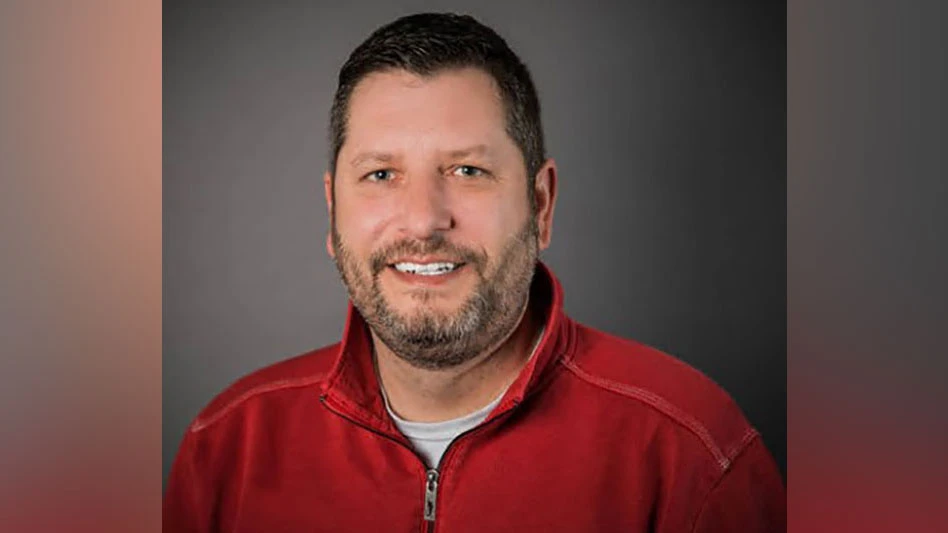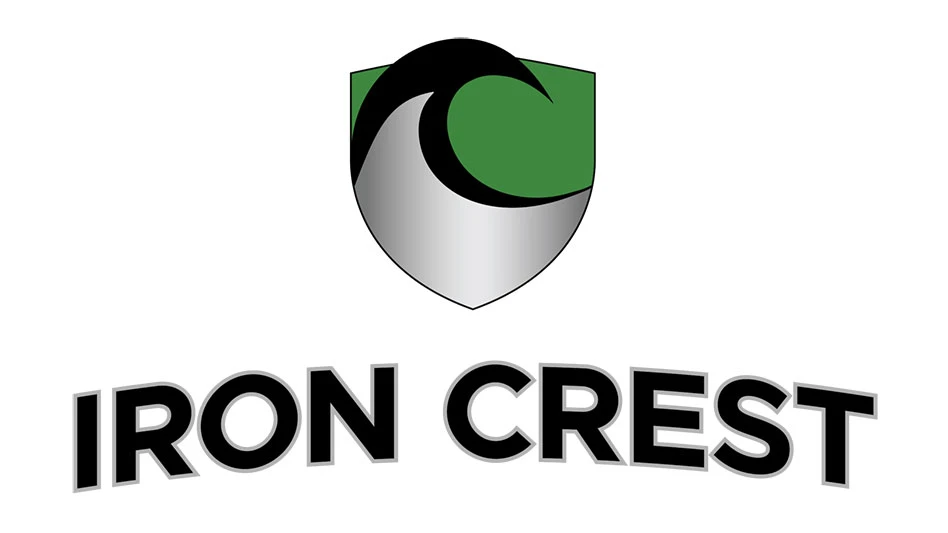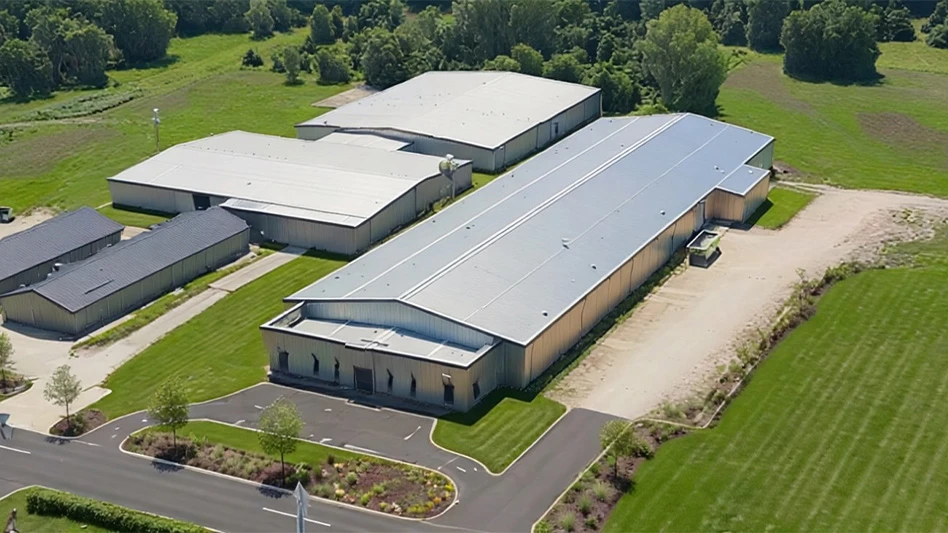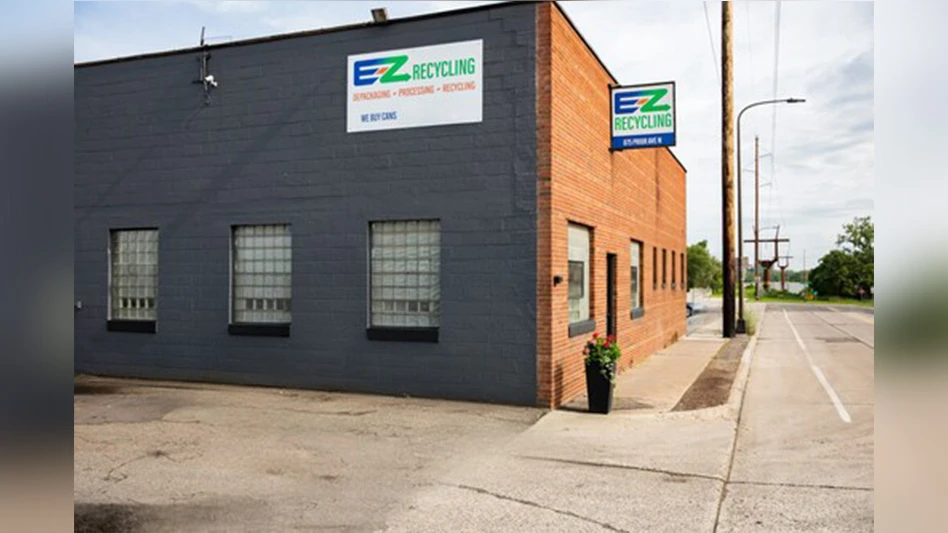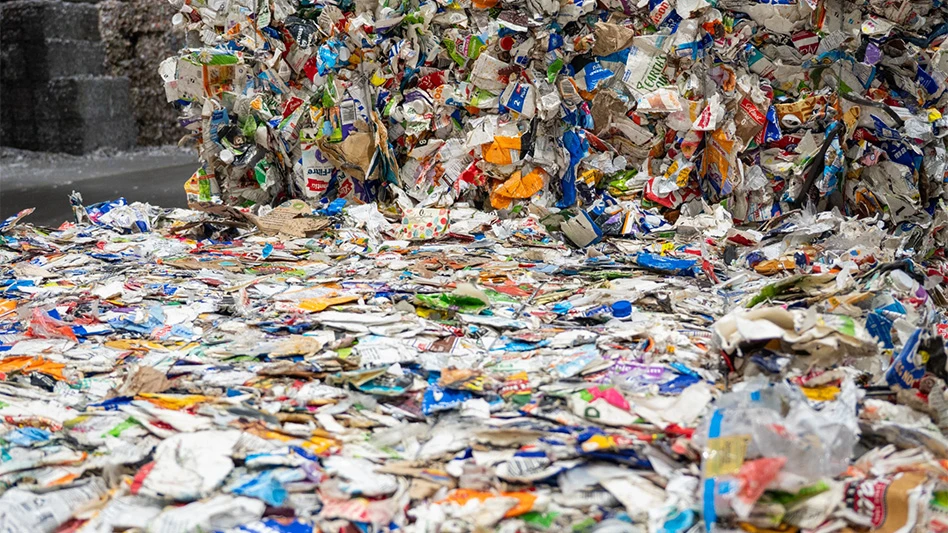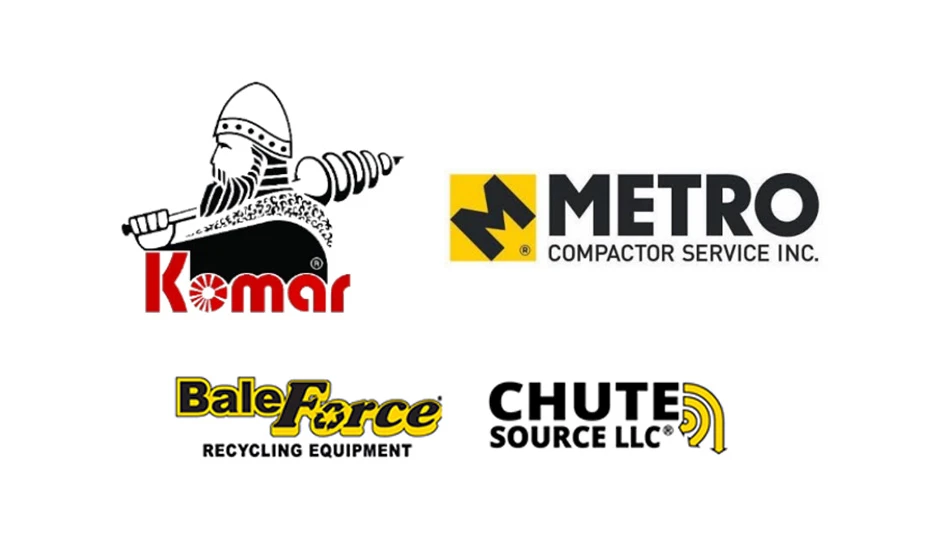Clean Water Environmental (CWE), with locations in Dayton and Mansfield, Ohio, has announced that it recently began managing the destruction of the inflator portion of recalled airbag units in a manner that recycles nearly all the materials.
More than 100 million vehicles manufactured between 2006 and 2016 are expected to be recalled to remove defective and potentially lethal airbags by the end of 2019, with the recall potentially growing to 150 million vehicles, Clean Water Environmental says. Because these airbags cannot be reused or safely deployed and are a threat to public safety and welfare, the U.S. Environmental Protection Agency (EPA) has asserted that the recalled airbags must be managed as hazardous waste after being removed from vehicles.
In November 2018, the EPA published an interim final rule to support automotive dealerships, salvage yards and other airbag handlers by exempting the collection of airbag waste from hazardous waste requirements as long as certain conditions are met. Additionally, handlers are required to send recalled inflators to a Resource Conservation and Recovery Act- (RCRA-) designated facility, such as CWE’s Dayton facility, for proper disposal.
In support of this effort, CWE says it has launched an environmentally friendly solution to safely dispose of inflators and help dealers avoid long-term storage. CWE’s patent pending destruction process maximizes safety and results in the recycling or reuse of nearly all the residuals produced, the company says.
“We are extremely excited to offer the automotive industry a safe, cost-effective and environmentally friendly solution for the collection and disposal of defective airbag inflators under the EPA’s guidance,” says John Staton, Clean Water Environmental CEO. “Our patent pending system is compartmentally expandable and upgradable to handle significantly increased volumes with little additional requirements from a regulatory standpoint.”
He adds that Clean Water Environmental has been licensed to transport hazardous waste for more than 30 years and is transporting airbag inflators. “Using a combination of our own equipment and other well-known contract carriers, we are building a nationwide transportation network in support of the collection of these units. This will not only help ensure public safety but also lead to greater employment for the west Dayton community.”
Sandy Blalock, executive director of the Manassas, Virginia-based Automotive Recyclers Association (ARA), says, “As the airbag recall continues to impact the automotive industry and public safety, the Automotive Recycling Association is supportive of companies that innovate ways to properly destruct and recycle the airbag components. Given the scope and seriousness of this growing problem, the ARA cannot stress enough how important it is to be aggressive in the destruction and ensure the correct recycling process for environmental conservation.”
Latest from Recycling Today
- Vermont expands battery recycling program
- In memoriam: Bruce Parker
- SDI, SGH submit revised final offer to acquire BlueScope Steel Ltd.
- Republic Services spends big on acquisitions, reports growth for 2025
- 2026 Circular Steel Summit: The view from Nucor
- Minespider launches digital marketplace for circular batteries
- SWANA, Fire Rover develop fire incident reporting tool
- Recycle BC launches flexible plastics recycling carts in Vancouver
